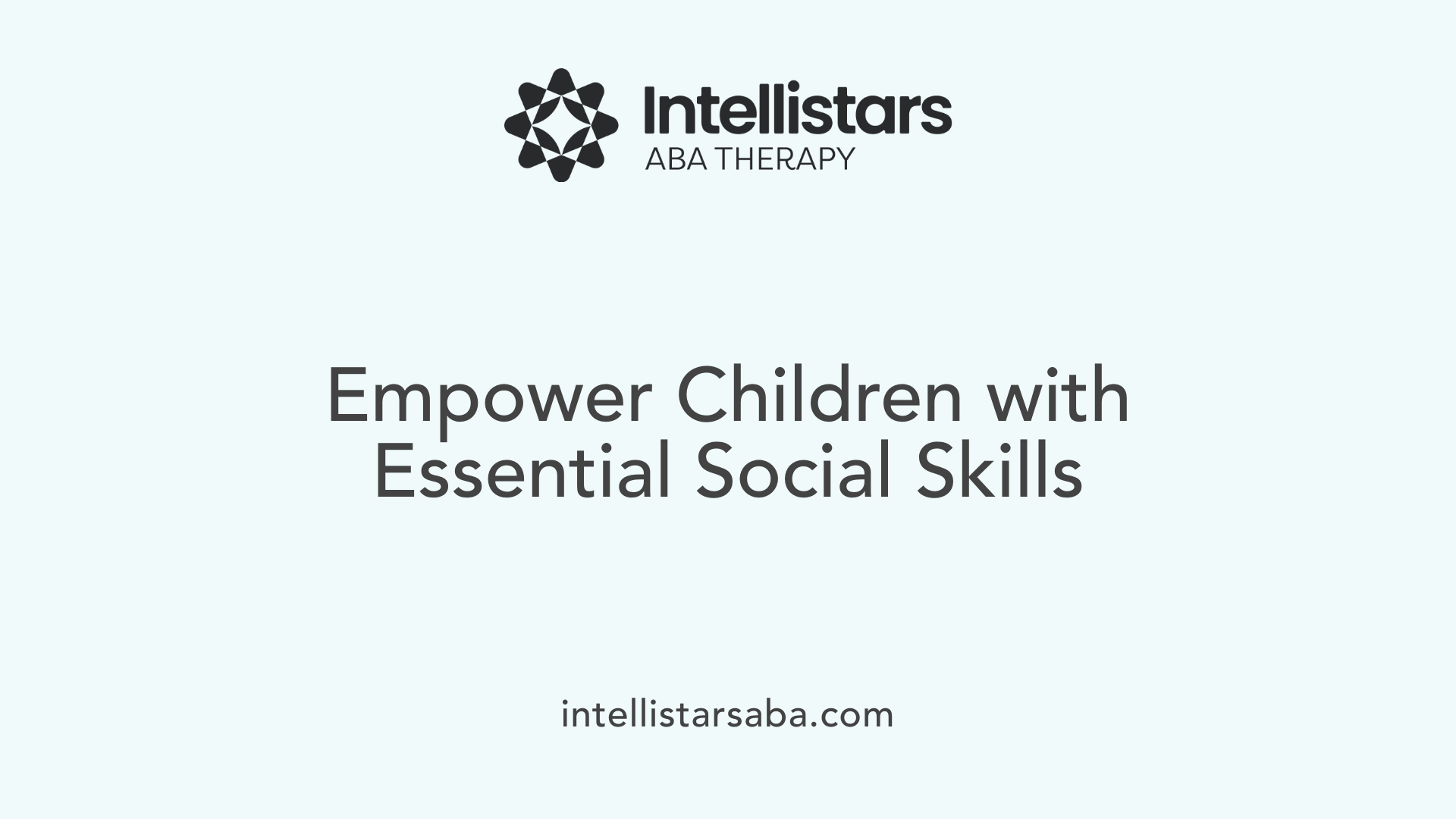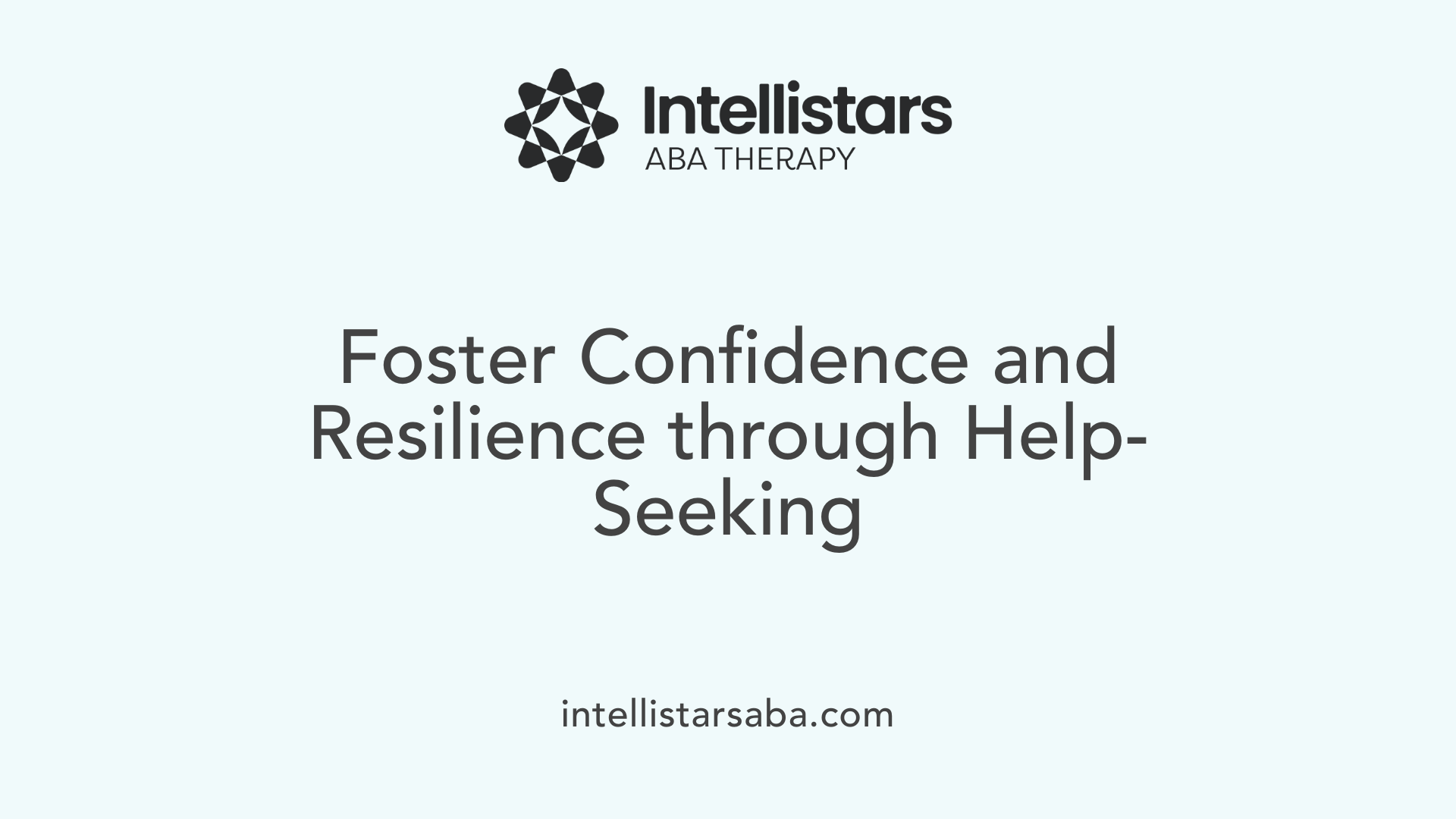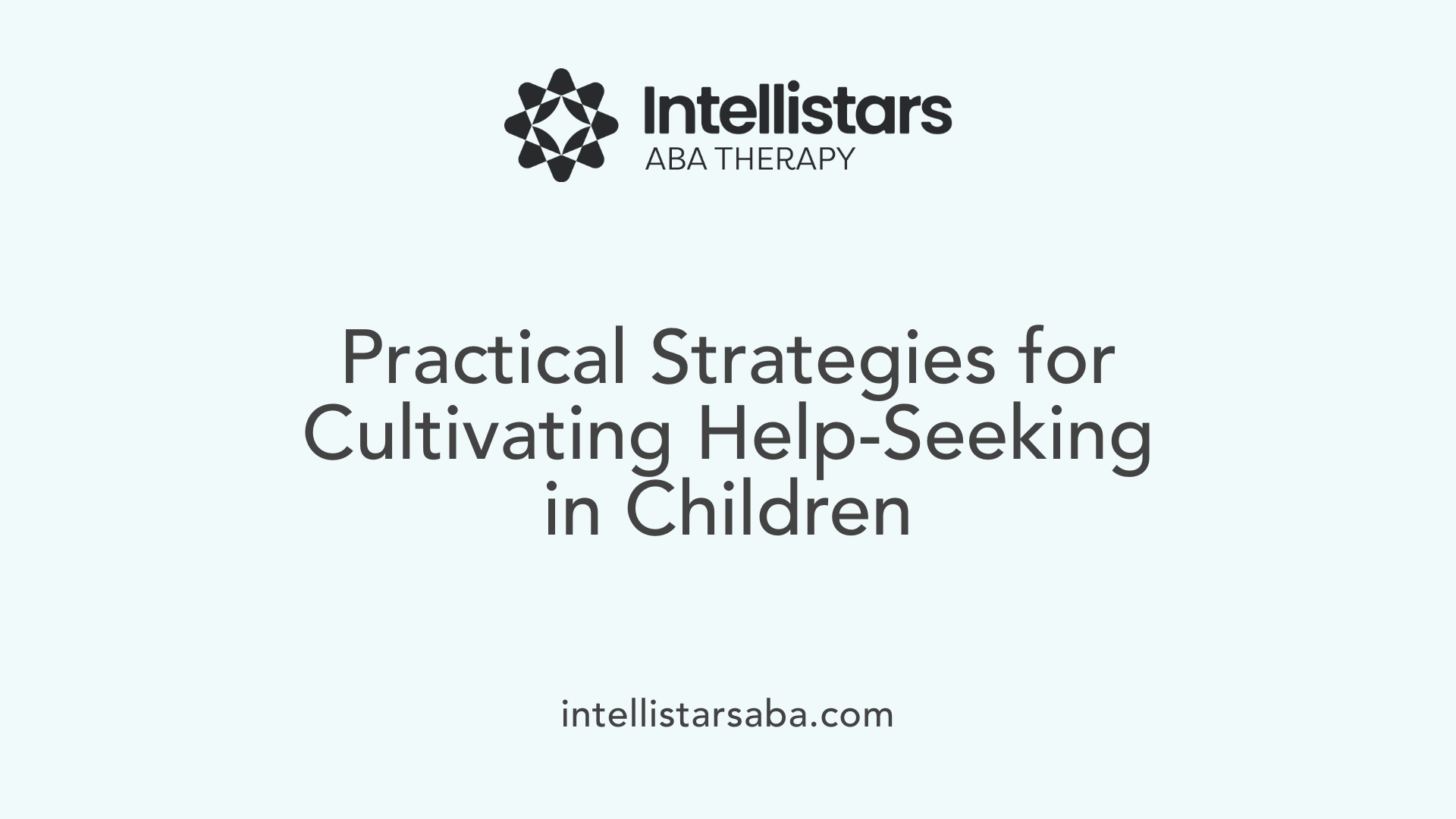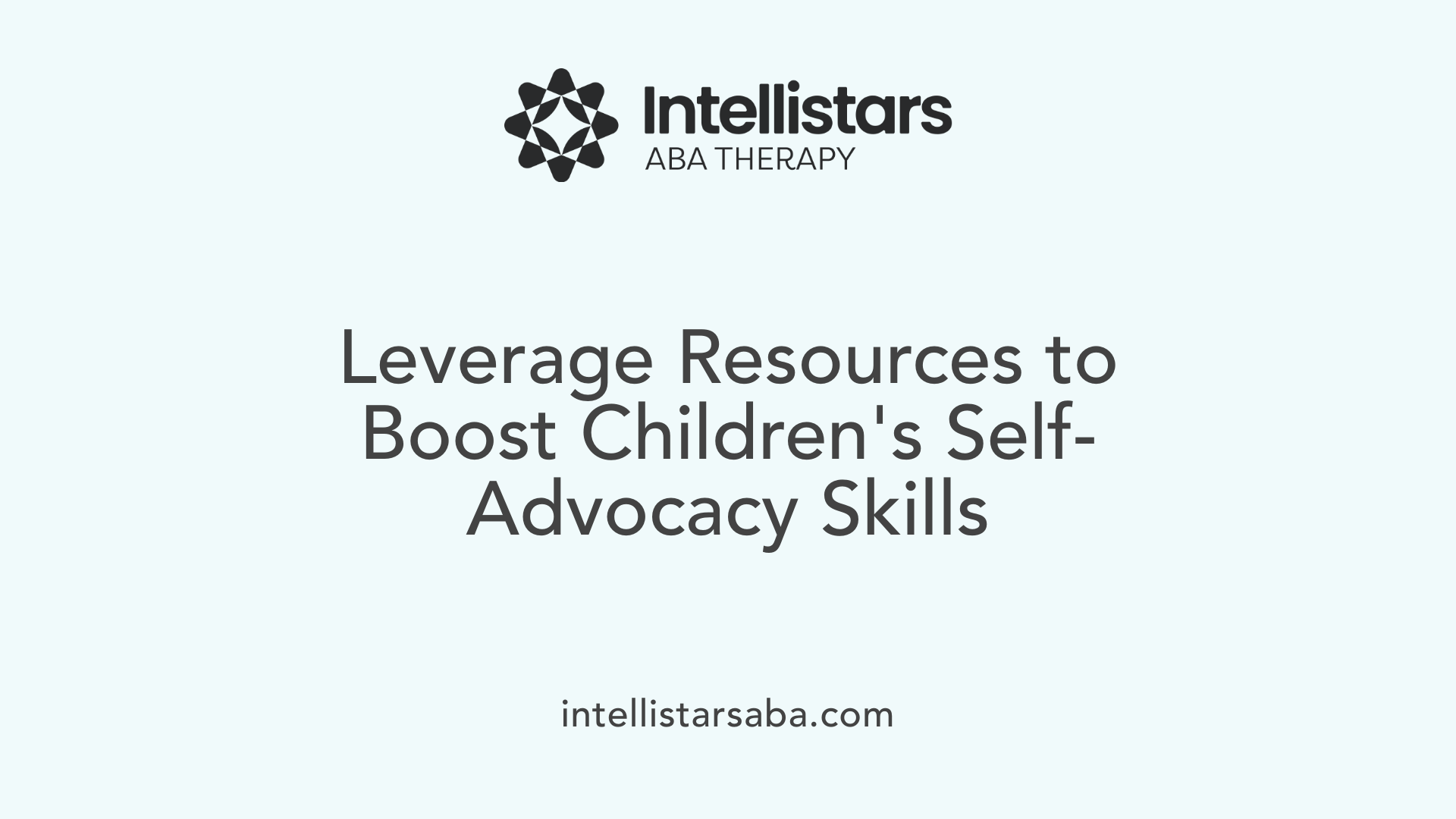Understanding the Significance of Asking for Help in Child Development
Teaching children to ask for help is more than just a social skill; it's a fundamental component of their emotional and psychological growth. It enables them to build resilience, independence, and self-confidence, equipping them to navigate life's challenges effectively. This article explores why fostering help-seeking behaviors is essential, the strategies to encourage it, and how supportive environments can facilitate this crucial skill.
Why Teaching Children to Ask for Help Is Crucial for Their Development

Why is it important to teach children to ask for help?
Teaching children to ask for help plays a significant role in their emotional and social growth. When children learn how to seek support, they gain confidence and develop independence, which are essential for handling life's challenges.
Recognizing when they need help and knowing how to ask for it helps children build resilience. This skill enables them to navigate difficult situations without feeling overwhelmed or helpless. It also fosters a sense of control over their circumstances, which improves mental health and emotional stability.
Creating an environment where help-seeking is encouraged involves addressing emotional barriers like fear or shame. Children often feel vulnerable or shy about admitting they need assistance, especially at a young age. By modeling and normalizing help-seeking behaviors at home, school, and in communities, adults can help children feel more comfortable and empowered.
Encouraging children to ask for help also nurtures healthy relationships. When they approach trusted adults or peers respectfully, they learn important social skills such as polite communication and gratitude. Recognizing that everyone needs help at times reinforces a growth mindset, encouraging children to see challenges as opportunities to learn and grow.
Furthermore, developing the habit of asking for support early on promotes emotional regulation and problem-solving abilities. Asking for help before frustration escalates teaches children to manage their feelings constructively. It also lays a foundation for self-advocacy, enabling children to speak up for their needs and seek accommodations when necessary.
Ultimately, teaching children how to ask for help not only supports their immediate well-being but also prepares them for future success in education, careers, and personal relationships. It is a vital skill that fosters confidence, resilience, and independence—traits essential for thriving in an ever-changing world.
Strategies to Effectively Encourage Children to Seek Help

How can we promote help-seeking behaviors in children?
Encouraging children to ask for help is essential for their emotional well-being, independence, and development of life skills. One of the most effective methods is for adults—parents, teachers, and healthcare providers—to model help-seeking behaviors themselves. When children see trusted adults asking for assistance openly and respectfully, they learn that seeking support is a positive and normal part of life.
Creating a supportive environment is also crucial. This involves fostering open communication, actively listening to children’s concerns, and encouraging them to express their feelings without fear of judgment. Such an environment makes children feel safe and more willing to ask for help when they need it.
Promoting understanding about mental health and normalizing help-seeking through education can play a significant role. Addressing stigma associated with asking for help, whether from emotional struggles or learning challenges, helps dismantle societal barriers. Educational programs and conversations that emphasize that everyone needs help sometimes can motivate children to seek support as a sign of strength.
Furthermore, establishing clear pathways and accessible resources within schools and communities simplifies the help-seeking process. Providing information about help lines, counseling services, and trusted adults ensures children know where to turn in times of need. Role models who exemplify proactive help-seeking also inspire children to follow suit.
By combining these strategies—modeling, creating a safe space, promoting education, and clarifying support options—adults can foster a culture where children feel confident and encouraged to ask for help, ultimately supporting their mental health and social development.
The Benefits of Help-Seeking on Children's Growth and Well-Being

How does help-seeking behavior benefit children's development?
Help-seeking behavior plays a crucial role in a child's overall growth and well-being. It encourages independence, resilience, and emotional regulation, which are fundamental for navigating life's challenges.
When children learn to ask for help, they develop important skills such as problem-solving and self-control. These skills help them manage their emotions and behaviors, especially when facing difficulties or stress.
In the classroom, seeking help fosters a more engaged and inquisitive attitude. Children become active learners who evaluate their understanding and know when to seek support, leading to better academic performance.
Beyond academics, help-seeking supports mental health by giving children access to support systems and resources. It boosts their confidence, helping them see challenges as opportunities for growth rather than insurmountable obstacles.
Recognizing the moments when help is needed also increases self-awareness. Children become more capable of identifying their feelings and needs, which is vital for healthy social interactions.
Overall, encouraging a culture where seeking assistance is viewed as a strength helps children build resilience, independence, and self-efficacy. These qualities not only improve their current success but also lay a foundation for future lifelong learning, social skills, and emotional health.
| Aspect | Developmental Benefit | Additional Note |
|---|---|---|
| Independence | Builds self-sufficiency | Children learn to rely on themselves and others appropriately |
| Resilience | Enhances perseverance | They are better equipped to bounce back from setbacks |
| Emotional Regulation | Manages feelings effectively | Helps prevent emotional escalation and promotes self-control |
| Academic Success | Improves learning outcomes | Engaged and proactive learners tend to perform better |
| Mental Health | Promotes well-being | Access to help reduces anxiety and stress |
Fostering help-seeking behaviors from a young age supports children in developing key life skills. It helps them navigate emotional, social, and academic challenges with confidence and resilience, setting a strong foundation for lifelong success.
Supporting Children in Learning to Seek Help: Practical Approaches for Parents and Educators

How can parents and educators support children in learning to ask for help?
Parents and teachers play a vital role in teaching children this essential social skill. A primary approach is modeling help-seeking behaviors themselves. When adults openly ask for assistance, it demonstrates that seeking help is a normal and strong action.
Creating a safe and supportive environment is equally important. Children should feel comfortable making their needs known without fear of judgment. Providing a non-judgmental space encourages children to share their concerns early, preventing minor issues from becoming bigger problems.
Teaching specific communication strategies also helps. Parents and teachers can introduce simple phrases like "Can you help me with this?" or "I don’t understand, can you explain?". Practicing these phrases can boost children’s confidence in asking.
Supporting children’s emotional literacy is another crucial aspect. Recognizing their feelings, validating their emotions, and teaching them to describe what they’re experiencing can motivate them to seek help.
Furthermore, establishing clear avenues for support ensures children know where to turn. This includes trusted adults within the school or community, as well as external resources if needed.
By combining modeling, creating an open environment, teaching specific language, and guiding children to recognize when they need help, adults empower children to develop this skill. Encouraging early help-seeking behavior nurtures independence, resilience, and confidence, setting the foundation for their well-being and success in life.
Resources and Tools to Foster Help-Seeking and Self-Advocacy in Children
 Teaching children to advocate for themselves and seek support is a vital part of their social and emotional development. Fortunately, a variety of resources and tools are available to help parents and educators foster these skills.
Teaching children to advocate for themselves and seek support is a vital part of their social and emotional development. Fortunately, a variety of resources and tools are available to help parents and educators foster these skills.
Educational programs and storybooks are effective starting points. Many programs incorporate social-emotional learning (SEL) curricula that focus on recognizing when help is needed and understanding how to ask for it politely. Storybooks featuring characters who seek help in various situations can normalize help-seeking behavior and demonstrate respectful requests.
Role-playing activities are practical methods to reinforce these skills. Through guided scenarios, children practice identifying when they need assistance, choosing the right person to ask—such as a teacher or caregiver—and formulating respectful requests. These activities promote confidence and clarify the process of seeking help.
Online resources and professional guidance further support this learning. Websites dedicated to children’s mental health, such as 'On Our Sleeves', offer articles, printable tools, and interactive modules designed to reduce stigma and encourage open discussions about needs and feelings. Many mental health professionals and educators provide assessment tools and conversation starters that help children articulate their concerns and understand their emotions better.
Practical tools like conversation starters can make asking for help less intimidating. Examples include phrases such as "Can you help me with this?" or "I feel frustrated and need some support." Assessment tools can help identify children’s comfort levels with help-seeking behaviors and tailor interventions accordingly.
In summary, leveraging these resources increases children's awareness of their needs, develops effective communication skills, and cultivates resilience. Creating an environment where asking for help is seen as a strength encourages children to build trusting relationships and become more independent learners.
Fostering a Future of Confident and Resilient Individuals
Empowering children to ask for help is a foundational step in promoting their social-emotional health, independence, and overall well-being. Through intentional modeling, supportive environments, and accessible resources, parents and educators can cultivate help-seeking behaviors that will serve children throughout their lives. Recognizing that help-seeking is a sign of strength, not weakness, helps dispel societal stigmas and nurtures a generation capable of self-advocacy, resilience, and healthy relationships. By investing in these skills today, we prepare children to face future challenges with confidence and self-reliance.
References
- Social Skills for Asking for Help
- Building Independence: Teaching Your Child When and ...
- Why Teaching Kids to Ask for Help Matters
- Teaching Your Kids to Ask for Help
- The Importance of Asking for Help
- Tips for Teaching Children to Ask for Help | eLuma
- Parenting the Preschooler: How Does Your Child Ask for Help?
- Teach Kids it's OK to Ask for Help
- Social Skills for Asking for Help






